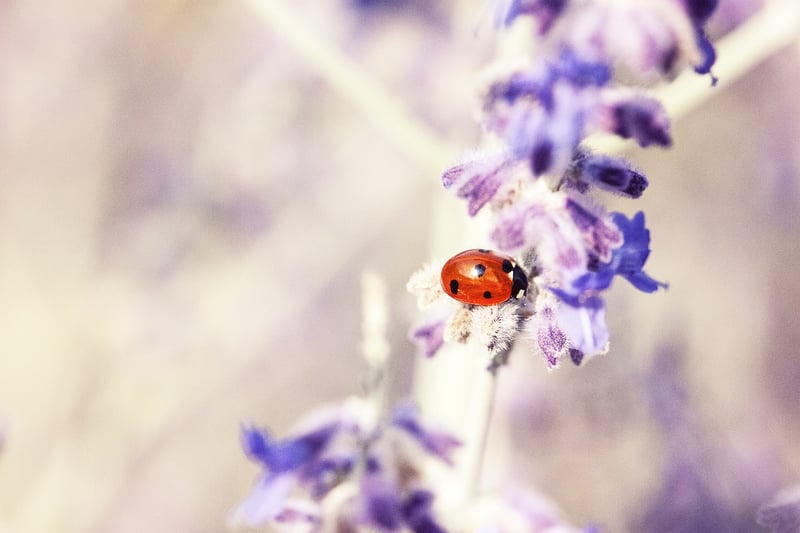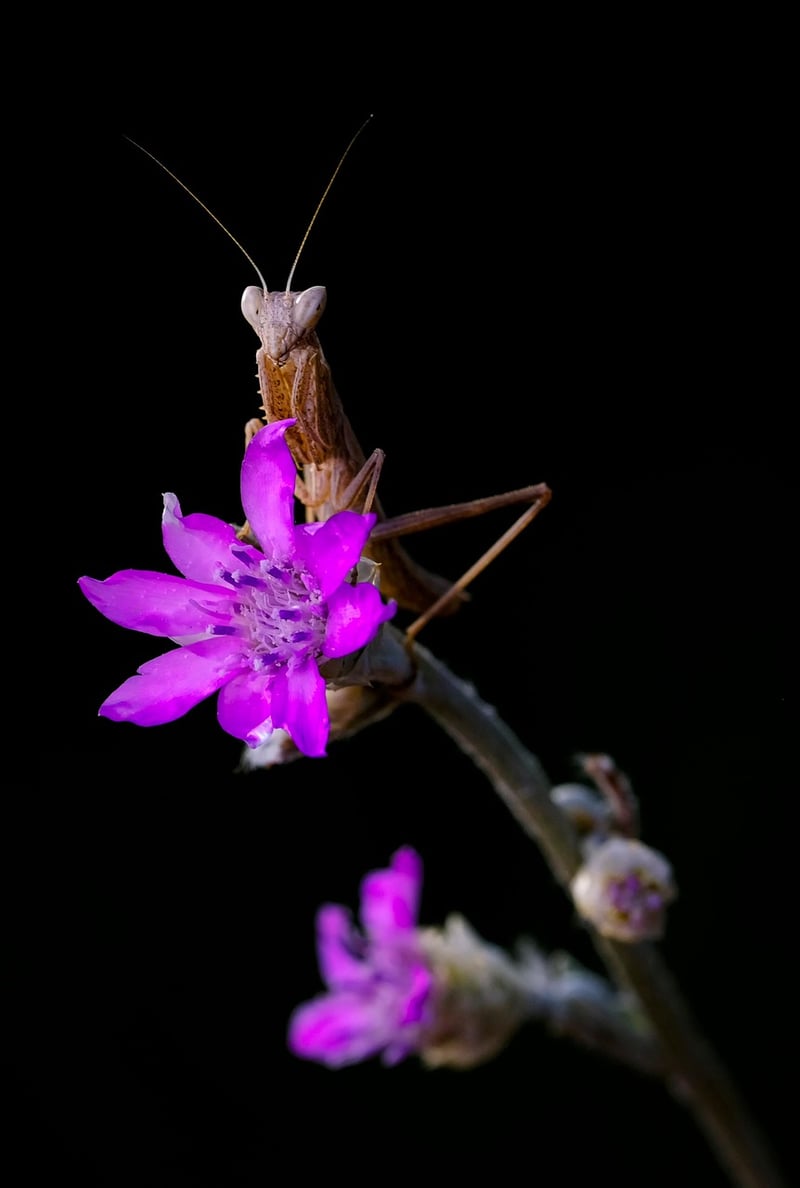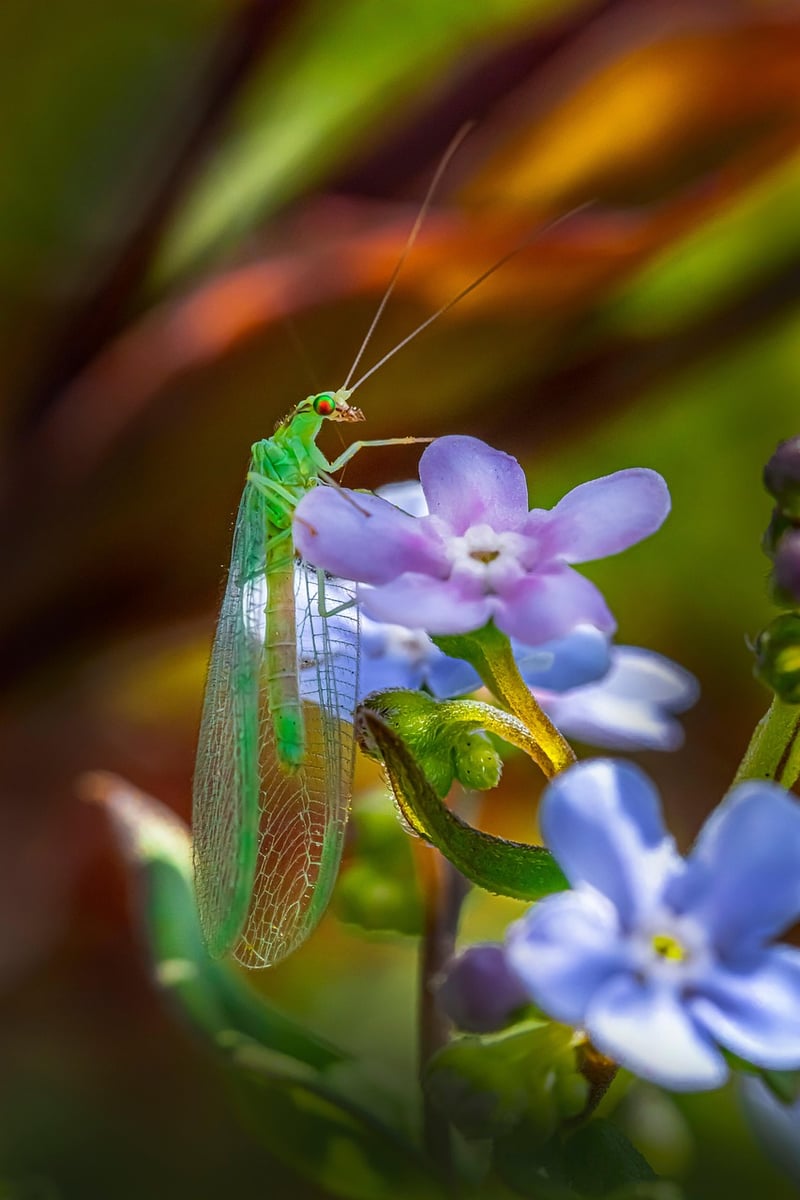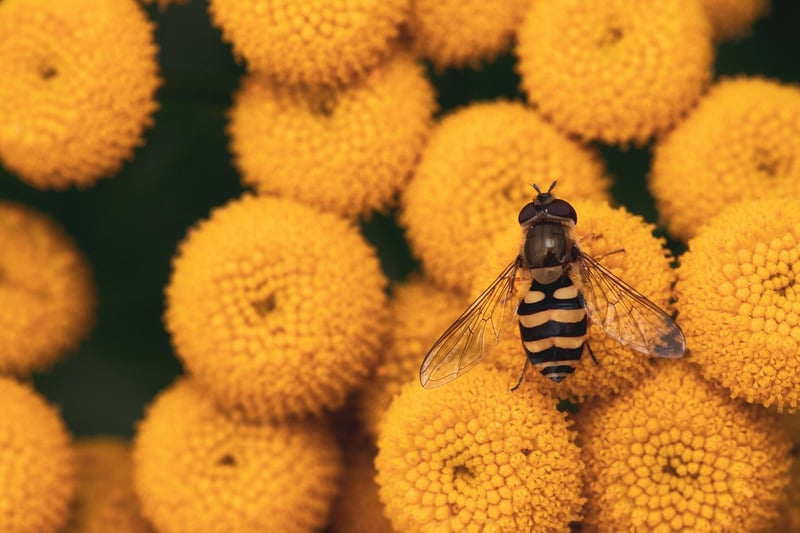Beneficial Insects
Protecting Your Plants from Pests: The Role of Beneficial Insects
As a gardener, one of the biggest challenges you may face is dealing with pests that can harm your plants. While pesticides can be effective, they can also have harmful effects on the environment and beneficial insects. One eco-friendly and sustainable solution to this problem is to harness the power of beneficial insects to protect your plants naturally.
What Are Beneficial Insects?
Beneficial insects are insects that prey on pests, helping to control their populations and protect plants from damage. These insects are a natural form of pest control and can be a valuable asset in maintaining a healthy garden ecosystem.
Common Beneficial Insects
- Ladybugs: Ladybugs, also known as ladybirds or lady beetles, are voracious predators of aphids, mealybugs, and other soft-bodied insects.
- Praying Mantis: Praying mantises feed on a wide variety of pests, including caterpillars, beetles, and flies.
- Lacewings: Lacewing larvae are ferocious predators of aphids, thrips, and other small insects.
- Hoverflies: Hoverfly larvae consume aphids and other soft-bodied pests, while adult hoverflies pollinate plants.
Attracting Beneficial Insects to Your Garden
Creating a welcoming environment for beneficial insects is essential to ensure they stick around to protect your plants. Some tips for attracting beneficial insects include:
- Planting a diverse range of flowers to attract adult beneficial insects.
- Leaving some areas of your garden wild to provide habitat for beneficial insects.
- Avoiding the use of broad-spectrum pesticides that can harm beneficial insects.
- Installing insect hotels or creating sheltered areas for beneficial insects to nest.
Conclusion
By harnessing the power of beneficial insects, you can protect your plants from pests in an environmentally friendly and sustainable way. Encouraging these natural predators to thrive in your garden not only helps control pest populations but also promotes a balanced ecosystem where plants can flourish.
Remember, when it comes to pest control in your garden, sometimes the best solution is to let nature do the work!




